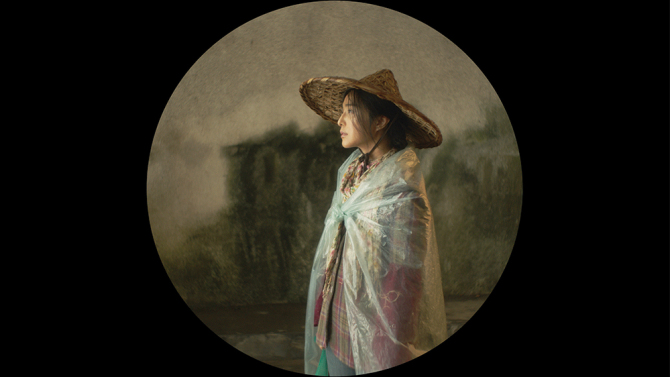
- Golden Globe Awards
I Am Not Madame Bovary (China)
I Am Not Madame Bovary, directed by critically acclaimed filmmaker Feng Xiaogang and starring Fan Bingbing, is a rare satire of China’s bureaucracy in the current landscape of Chinese cinema. The term “Madame Bovary” originates from a famous fictional character “Pan Jinlian” in the 17th-century Chinese novel The Plum in the Golden Vase (Jin Ping Mei). Pan Jinlian is an archetypal femme fatale, a name which later became a common slur related to faithless, devious and materialistic women. The title I Am Not Madame Bovary is a strong statement from the protagonist of the film, a statement that confidently announces her rejection of the casual sexism and derogatory stigma a male dominated society has tried to brand her with. After taking advantage of a loophole in the Chinese home owner policy, village woman Li Xuelian (Fan Bingbing) and her ex-husband file an allegedly fake divorce to get a better housing deal. But Li wants it to be annulled so she can divorce her inept and unfaithful husband for real. After a court rules against her request, Li decides to take the case directly to the annual National People’s Congress in Beijing. Before her trip, Li finds herself in a mortifying situation when her ex-husband calls her “Madam Bovary” in public. Screaming for justice and rightful legal actions, Li creates a vengeance list of all the provincial officials who brush off her petition. Finally, she climbs the justice ladder to Beijing and becomes an embarrassing liability to the government authority. Li’s fight for her version of justice lasts for two decades.Deliberately framing his film in unorthodox aspect ratios and crops, such as round circles and vertical rectangles, Feng Xiaogang challenges the audiences’ imagination by showing only the center of the screen and offers an instant reminder that the characters are limited by their actions and environment. Circles have profound meanings in China. The shape stands for ideals such as “fulfilled”, “integrity” and “perfection”. The rectangle, on the other hand, represents laws, government and regulations. Provincial scenes are in the circle and Beijing’s city scenes are rectangular, which contextualizes Li’s Kafkaesque struggles in two worlds.The West probably knows Feng Xiaogang from his 2001’s film Big Shot’s Funeral starring Donald Sutherland. Feng’s works often grasp the pulse of contemporary China with layers of ironic and funny commentary on social parasites, hustlers and political hypocrisies. I Am Not Madame Bovary is based on Chinese author Liu Zhenyun’s book published in 2012. This is the second time Feng Xiaogang and Fan Bingbing have worked together with Liu, twelve years after their first collaboration Cellphone. Feng often sets his stories in the big cities but this time he captures the essence of single-minded peasant culture in a refined storytelling style and shows the façade of China’s rural areas with stunning cinematography.I Am Not Madam Bovary received the Prize of the International Federation of Film Critics (FIPRESCI) for Special Presentations at the 41st Toronto Film Festival. Winning the Best Actress at San Sebastián International Film Festival 2016, Fan Bingbing said “this film follows a naïve woman on her journey to reveal something bigger than her identity. It’s funny, witty and universal.”